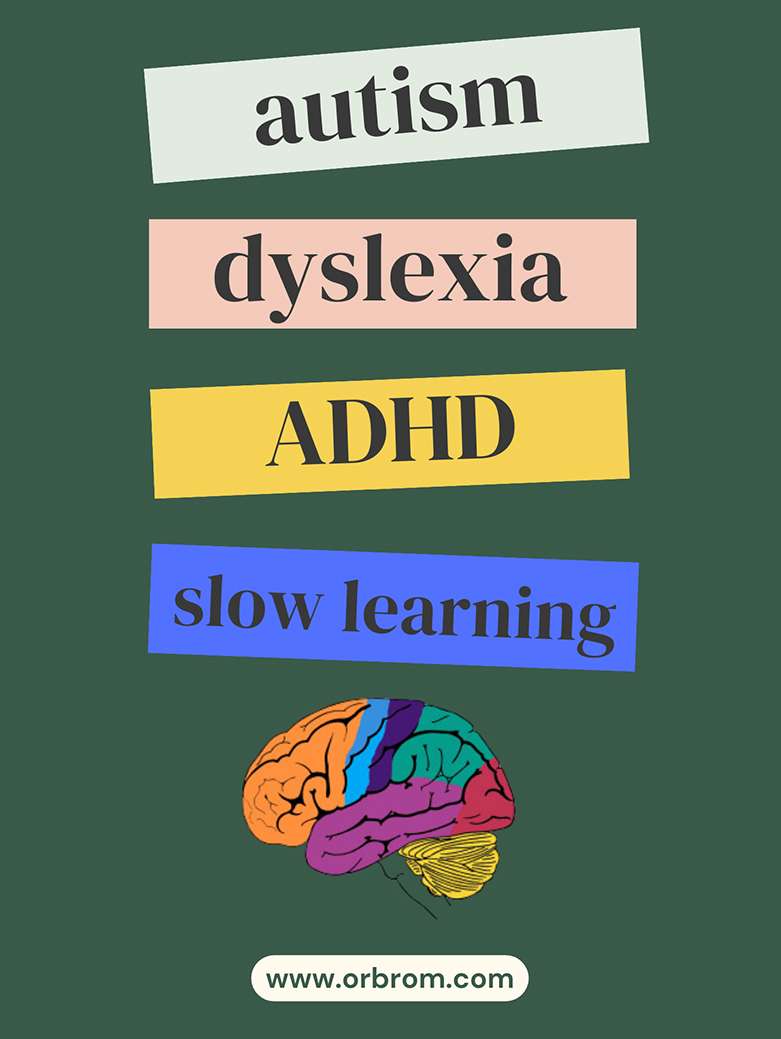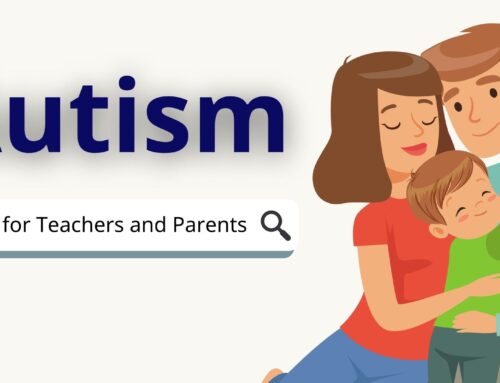Developmental assessments are a vital part of ensuring that children are meeting their developmental milestones and growing and thriving at a healthy pace. These assessments can help to identify any potential delays or disorders early on, so that children can receive the support and intervention they need to succeed.
What are developmental assessments?
Developmental assessments are screenings or evaluations that are used to assess a child’s skills and abilities in a variety of areas, including:
- Cognitive skills: Thinking, learning, and problem-solving skills
- Communication skills: Language, speech, and social communication skills
- Motor skills: Gross and fine motor skills
- Social-emotional skills: Self-awareness, self-regulation, and the ability to form and maintain relationships
Developmental assessments can be conducted by a variety of healthcare professionals, including pediatricians, developmental pediatricians, psychologists, and early intervention specialists.
Why are developmental assessments important?
Early identification of developmental delays or disorders is essential so that children can receive the support and intervention they need to succeed. Early intervention can help children to catch up to their peers and meet their developmental milestones. It can also help to prevent future problems, such as learning disabilities and behavioral challenges.
When should children have developmental assessments?
The American Academy of Pediatrics (AAP) recommends that all children have developmental screenings at their well-child checkups. These screenings are typically brief and can be completed by a pediatrician or nurse. If a child does not pass a developmental screening, they may be referred for a more comprehensive developmental assessment.
In addition to routine developmental screenings, parents may also want to have their child assessed if they have any concerns about their child’s development. For example, if a child is not talking or walking at the expected age, or if they have difficulty interacting with other children, parents should talk to their pediatrician.
What types of developmental assessments are available?
There are a variety of different developmental assessments available. Some of the most common types of assessments include:
- Developmental questionnaires: These questionnaires are typically completed by parents or caregivers and ask questions about the child’s development in a variety of areas.
- Standardized tests: These tests are administered by a trained professional and assess a child’s skills and abilities in a specific area, such as language, cognitive skills, or motor skills.
- Observation: A trained professional will observe the child in a variety of settings, such as at home, at school, or in a clinic, to assess their skills and abilities.
What happens after a developmental assessment?
If a child does not pass a developmental assessment, the healthcare professional will work with the family to develop a plan for supporting the child’s development. This plan may include referrals to early intervention services, speech therapy, occupational therapy, or other specialized services.
OrbRom Center’s commitment to quality developmental assessments
OrbRom Center is committed to providing high-quality developmental assessments for all children. Our assessors are experienced and qualified professionals who use a variety of assessment tools to get a complete picture of a child’s development.
Services for Autism, ADHD, Dyslexia, Spelling Difficulty, social and slow learning, Down Syndrome, and Selective Mutism. OrbRom is the best option in Phnom Penh.
If you are concerned about your child’s development, Contact OrbRom Center for Assessments.
Phone/Telegram: 077.455.993
Telegram Link: https://t.me/OrbRom







